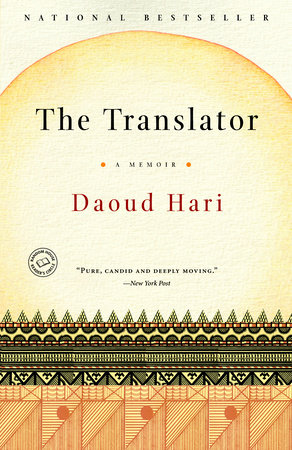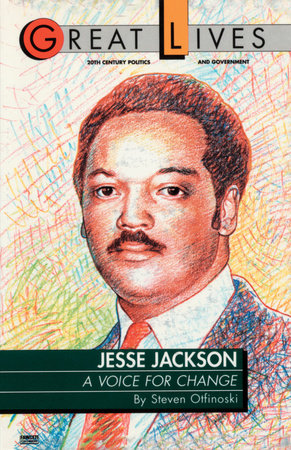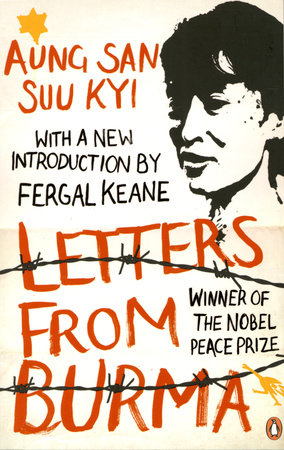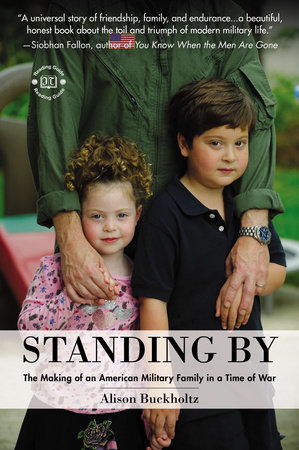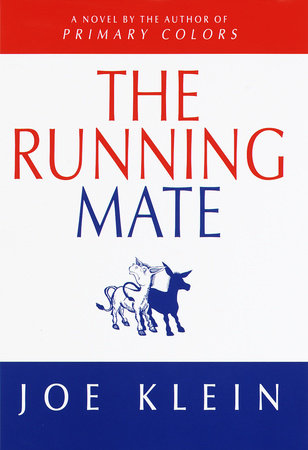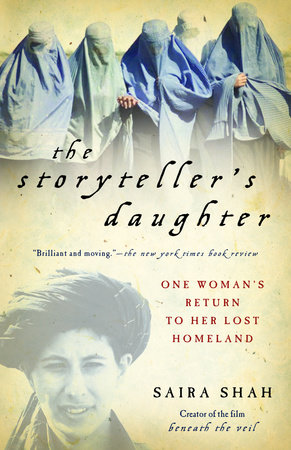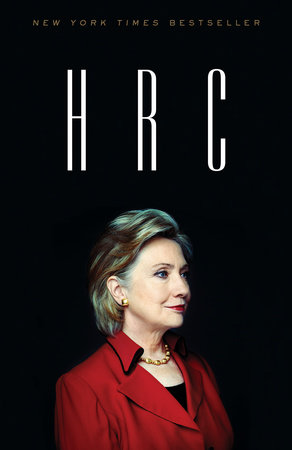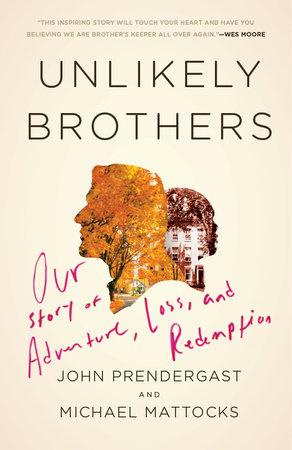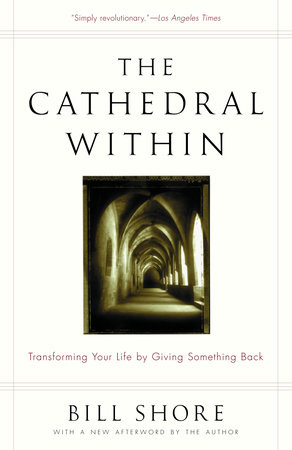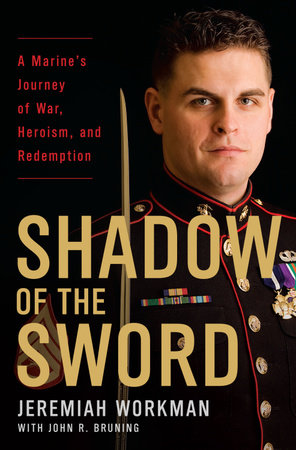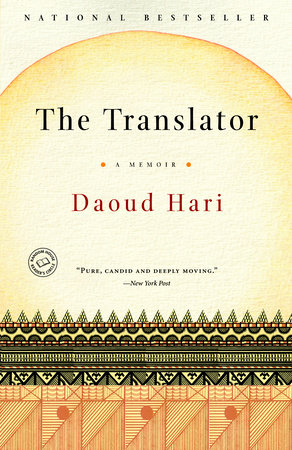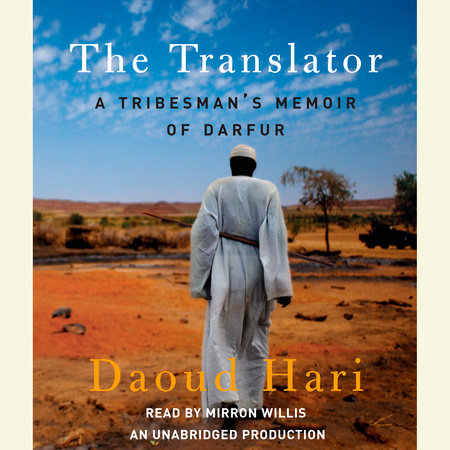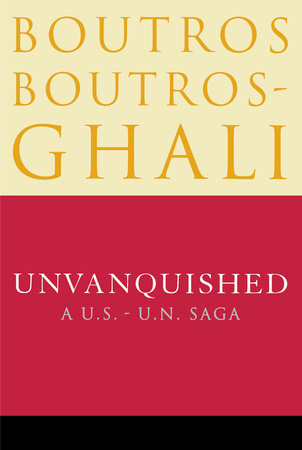Author Q&A
A Conversation with Daoud Hari
What do you hope Americans will learn about Darfur from your memoir?
I hope that Americans will learn that the people of Darfur are in many ways are just like them. They are real people with families and communities who led full lives before the violence started to become very bad in 2003. Darfuris want to live in peace like everyone else and to be able to go home and restart their lives. They are not just victims, but real people like my brothers, sisters, mother and father, who have suffered so much only because of who they are and where they are from. It is a complicated story and I hope that people will understand the conflict better after reading my book and it will inspire them to act to end the violence in Darfur.
In your memoir you write about being sent to prison in Darfur. Describe your experience.
The experience was difficult and is hard for me to talk about. I was not treated well in prison, as I say in the book. I felt very scared for Paul and for Ali, our driver, but not so much for myself. I felt sure that I would die and I did not care too much because I felt mostly dead anyway after the attack on my village and the death of many friends and family. But I felt responsible for Paul and Ali and I did not know what would happen to them. I had been in prisons before and I felt that if I died, it would be because I was doing something to help my people, and that was ok. But even in the prisons, I made friends with the guards because I know that everyone has some good in them and sometimes you just have help them get it out. I learned that, even in such places, people are people and there are opportunities for kindness and understanding.
How did the conflict start?
We, the people of Darfur, lived mostly peacefully with the Arab nomads who came through our lands for many years to graze their herds of cattle and goats. The sheikhs and kings would work out agreements every season that would allow the nomads to use our lands for a time. Sometimes, agreements could not be worked out and there would be fighting, but this fighting would take place away from the villages.
As I got older things began to change. It started to rain less and less and the land for our crops became more scarce. It was also true for the Arabs — they could find less land for their animals to graze. So, it was harder to come to peace agreements on the land. Around the same time, a new government had taken control in Sudan. This new pro-Arab government began to arm the Arab nomads and encourage them to settle arguments more violently and drive the non-Arabs from the land. Not all the Arab nomads agreed to this, of course, but many did, some just to survive. The violence continued to get worse, as did the land problems, until in 2003 a new rebel group made up of Darfuris attacked the Sudan government to try to stop these attacks. This is when you started to hear about Darfur. The Government of Sudan responded by sending out thousands of Janjaweed and government troops to destroy our villages and our people. The conflict has now become even more complicated.
Describe what life was like in your village in Darfur before the crisis erupted.
We had a very good village. All the families knew each other for a very long time. When we were very young, we children would go together to herd the small goats and cattle in the wadis and small mountains outside the village. In the night, we played outside games together — it was too hot during the day to play. We played a game called anashel where you try to find a bone that someone has thrown into the air when your eyes were closed. I had a camel called Kelgi that I loved like a member of my family. In a way it was like growing up anywhere, except our families had camels instead of SUVs and the children rode donkeys instead of bicycles. Otherwise, it was chores and games and worrying about growing up and being respected, as it is everywhere.
In Darfur, you decided to use your knowledge of English and the area to become a translator and guide to journalists. How has Darfur changed since you began working as a translator?
Much of Darfur as I knew it is gone now. My village is gone and so are most of the villages in my area in Darfur. 2.5 million people are displaced in Darfur and more than 240,000 are in refugee camps in Chad. Many areas have been cleared of Darfuris. The rebels that once were fighting the government and Janjaweed have split into many groups and you don’t know who is on what side anymore. Bandits have taken advantage of this to rob, kill, rape and destroy, too. So, it is a much more dangerous place today than when I started working as a translator. Also, aid groups are having a very hard time getting access to people in need. In fact, many places where aid workers used to work are now too dangerous to enter. The people in these places have no help and no one knows what is happening to them. This chaos is not a natural thing: it is carefully crafted by the Sudan government as a way to clear the land for exploitation.
Things are also becoming difficult in Chad. Villages along the border with Sudan are being attacked and Sudan would like to see the Chad government fall so it can be replaced with a government that is good friends with Sudan.
You have watched countless friends and relatives die or flee Darfur, you have received death threats, and you have been sent to prison but, despite these immense pressures, you remain resolute. Now, with the publication of your memoir, there is a chance that the government of Sudan will go after these friends and relatives. Given the consequences, why is it so important to you to publish this book?
I have to tell my story and the story of the people of Darfur. It is what I risked my life to do in Chad and in Darfur and I cannot stop now that I am safe for a time here in the U.S. I fear for my family every day and every night. There are many times that I cannot sleep because I am so afraid for them. But I have to do this. Many in my family have already died but for those still alive they understand that I need to do this. I hope and pray to my god that the government of Sudan or the Janjaweed or some other group will not hurt them when they hear about this book, but I don’t know what will happen. It is a very hard thing.
Where do you get your own courage? After everything you have seen and been through, do you fear death?
I don’t feel that it is courage. I just did what I felt I had to do. I am sure you have all felt the same way at some time or another. Life sometimes hands you hard jobs to do. You just have to do them and, inshall’ah, it will be ok. Maybe you need to die doing it. Maybe not. I was lucky that my god kept me safe. Death to me is very natural, like life. I know many good people who I can see again when I die.
You listened to countless stories from refugees and translated them for the journalists you brought to the camps. Tell me one or two of these stories.
This is from the time I was riding on camels in the desert between Chad and Darfur helping people, who had fled the Janjaweed and their destroyed villages, to find refugee camps or to give them a little food and water. We met a woman who was carrying a dead baby in her arms. The baby was very small and had been dead for a few days. People had been trying to get her to let go of the baby so they could bury it, but she wouldn’t let anyone touch it. I went up to her and talked to her for a little bit and she finally let me take the dead baby out of her arms. She cried a lot but didn’t make any noise as the tears came down her face. When we were burying the baby, the mother walked away into the desert. I never saw her again.
During this same time period, I was riding on my camel with my friends and we saw a big tree. A woman was hanging from it. Three small children were on the sand below her wrapped in colorful shawls. Only one was alive, a small boy, but it was almost like he was not alive. We took her down. I found out later what had happened. Her village in Darfur had been attacked and she ran with her three young children to escape. She was caught by the Janjaweed who held her and her children for week, raping her many times. They then let her go in the desert between Sudan and Chad with nothing — no food, no water. She walked every day for about four days to get to the Chad border but her children were getting very sick. There was nothing she could do for them. She was becoming a little bit crazy while watching them die so she put them under the shade of this big tree, hoping someone would find them, and hung herself from it.
What should the international community be doing?
Before anything, the killing must stop. The full 26,000 member UN-AU force must be allowed into Darfur. The international community must force Sudan’s President Bashir to do this now. China buys most of Sudan’s oil and so has a lot of influence on the government. Maybe the most influence in the world. The international community must pressure China to urge the Khartoum government to allow all the peacekeepers in. It must make sure that the UN-AU force is fully funded and supported so it can do its work. The international community could also push for targeted sanctions in the UN Security Council against Bashir and his government. Keeping peace in South Sudan is also very important. There can be no peace in Darfur if the Comprehensive Peace Agreement with South Sudan is not kept. The international community should also pressure Bashir to keep his promises in South Sudan. Finally, the world should ensure that Darfuris can go back to their land.
What are you doing now? What do you hope to do in the future? Do you hope one day to return to Darfur?
When this tour is over I will start looking for a job. I also want to go to college and to take classes to get ready for that. I know American universities are very good and I am excited to go learn there. One day I hope to go home to Darfur and to help my people rebuild our communities once there is peace.
